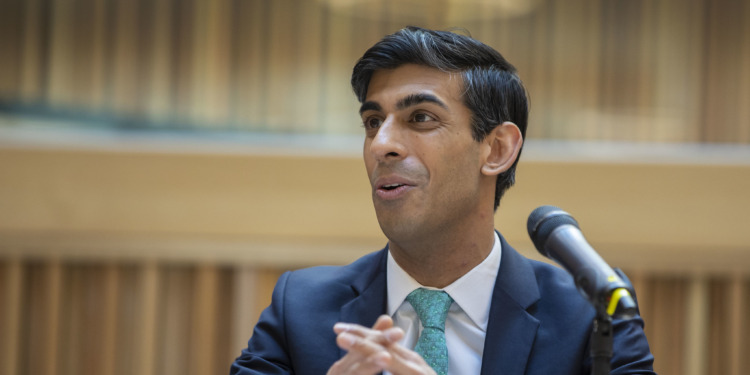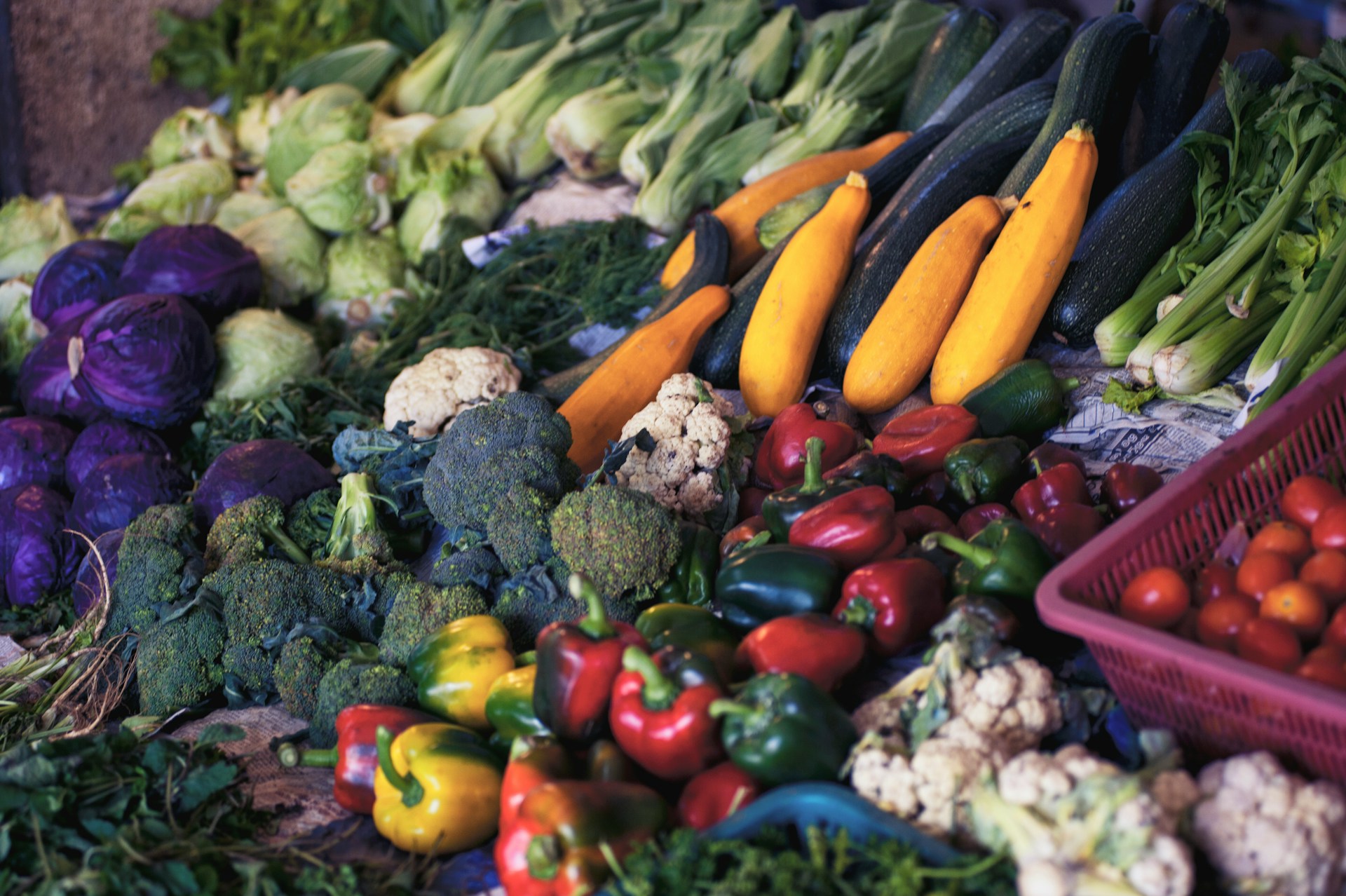As a new tactic to reduce migration, Prime Minister Rishi Sunak is considering restricting the number of international students coming to the UK, often accompanied by their dependents, to study “low quality” degrees.
The suggestion has been poorly received by many advisers and previous education ministers, who fear that without the funding provided by overseas students, many higher educational institutes will quickly fall into bankruptcy.
This news follows the vow made by Sunak in the summer, during his run against Liz Truss for the position of Prime Minister, that he would phase out university degrees with the lowest “earning potential.”
Sunak added that he would assess the value of degrees based on their drop-out rates and numbers in graduate jobs with the aim of forging a new, more streamlined, system intended to create “parity of esteem between vocational and academic education.”
It seems this new idea of curbing foreign students in the UK has come as the product of these plans to phase out “low quality” degrees, combined with Sunak’s goal of bringing net immigration levels down.
International students are worth £28.8 billion to the UK and as a HEPI analysis found last year, all parts of the UK are financially better off—on average by £390 per person—because of international students. And then there’s their soft power and so much more. But: dog whistle… https://t.co/gzEjjGs8V9
— Prof Tanja Bueltmann (@TanjaBueltmann) November 24, 2022
Despite Home Secretary Suella Braverman’s pledge to bring net immigration down into the tens of thousands, and to the dismay of the many who voted for Brexit to reduce immigration, the net migration in the UK climbed to a record 504,000 this year.
This net migration figure, calculated by subtracting the number of emigrants from the number of immigrants, is an increase of around 190% from the net of 173,000 last year.
This comes in large part as a product of the recent “unprecedented” global events including the Chinese security clampdown in Hong Kong, the lifting of COVID-19 lockdowns, and the Russo-Ukraine war.
The largest proportion of this year’s migrants though, were students.
There has been an increase of immigrants entering on study visas of around 90% this year, from 143,000 in the 2020-21 academic year, to 277,000 in the year ending June 2022.
These 277,000 students play a vital role in financing Britain’s higher education system.
Although international students only made up 22% of UK universities in 2020-2021, they paid 42.4% of the total tuition fees, subsidising the courses of many British students that are provided at a loss to the university.
Related Articles: Sunak’s First Week: What’s Happened to the UK’s Environmental Policy? | Can the UK’s New Prime Minister Reverse Truss’ ‘Attack on Nature’?
In light of this reliance on foreign financing, Professor Brian Bell, Chair of the government’s Migration Advisory Committee, has expressed his concerns that Sunak’s idea could “send many universities over the edge” and potentially result in a “massive increase” in the fees paid by British students.
David Willetts, Conservative Party politician and member of the House of Lords, echoes these sentiments and cautions that imposing restrictions on international students would “risk undermining the financial viability of Britain’s higher education sector,” one of the country’s few globally competitive areas.
In fact, according to Willetts this change could provoke consequences that are felt far beyond the educational sector, destabilising the future of the UK economy as a whole.
What international students bring to UK society
It is important to stress that the richness that foreign students bring with them is not simply financial.
As Michael Spence, president and provost of UCL, says, international students, most of whom now come from India, China, and Nigeria, “also bring fresh ideas, a diverse cultural and social perspective and extensive global networks, which benefit UK students.”
Foreign students are NOT the problem. They boost UK economy with their fees & skills – reducing them to ‘migrant crisis’ is despicable. We should be honoured they want to study here.
I’ve never seen a country so intent on its own self destruction as the UK under Tory leadership pic.twitter.com/hx64BR5hnv
— Dr Shola Mos-Shogbamimu (@SholaMos1) November 25, 2022
This new debate, as well as Sunak’s recent vow to keep the ban on onshore wind farms, has led to an increase in opposition to the Tory leader, most notably within his own party.
The Prime Minister’s priorities have been under heightened scrutiny following his COP27 address on climate change which appeared “tepid,” particularly when compared to his conversations earlier in the day surrounding migration.
Whether Sunak will risk a potential rebellion by proceeding with these restrictions on international students is dubious.
However, by declining to define the “low quality” degrees that will be particularly focussed on within the policy, the Prime Minister has left room for the enforcement of a watered-down version.
In any event, Sunak’s divisive priority list will be further revealed by whether he chooses to take this action against international students, or whether he opts to listen to the senior members of his party cautioning him against this decision that could carry disastrous consequences for Britain’s educational system.
Editor’s Note: The opinions expressed here by the authors are their own, not those of Impakter.com — In the Featured Photo: Rishi Sunak signing the devolution deal of West Yorkshire. Featured Photo Credit: HM Treasury.










